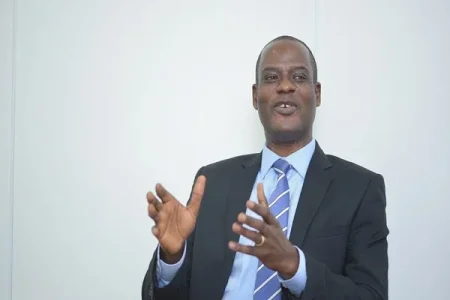
The Nigerian government has introduced the "Tax Identification Consolidation and Collaboration (TICC)" initiative to expand its tax base despite economic challenges. This is part of the Economic Stabilisation Bills aimed at boosting revenue and ensuring economic stability. The plan is currently awaiting approval from the National Assembly.
Despite ongoing economic challenges, the Nigerian government has announced plans to broaden its tax base. This initiative, part of the Economic Stabilisation Bills approved by the Federal Executive Council, was revealed by Taiwo Oyedele, Chairman of the Presidential Committee on Fiscal Policy and Tax Reforms, through a post on his X account.
The plan, called "Tax Identification Consolidation and Collaboration (TICC)," is designed to expand the country’s tax net, increase revenue, and create a fairer business environment. This initiative is part of 15 tax, fiscal, and establishment laws proposed to promote economic stability and sustained growth.
The Economic Stabilisation Bills have been sent to the National Assembly for approval. The announcement follows weeks of speculation after the government denied rumors of increasing the Value-Added Tax (VAT) from 7.5% to 10%, which had sparked concerns across the country.
People’s Democratic Party (PDP) Presidential candidate, Atiku Abubakar, had criticized any potential VAT increase, arguing it would harm the livelihood of many Nigerians. His remarks came as inflation in the country hit 32.15% in August, further exacerbating the high cost of living.
Oyedele had previously hinted at the need for adjustments to VAT in May 2024, adding to the debate around Nigeria’s fiscal policies amid growing economic pressures.




